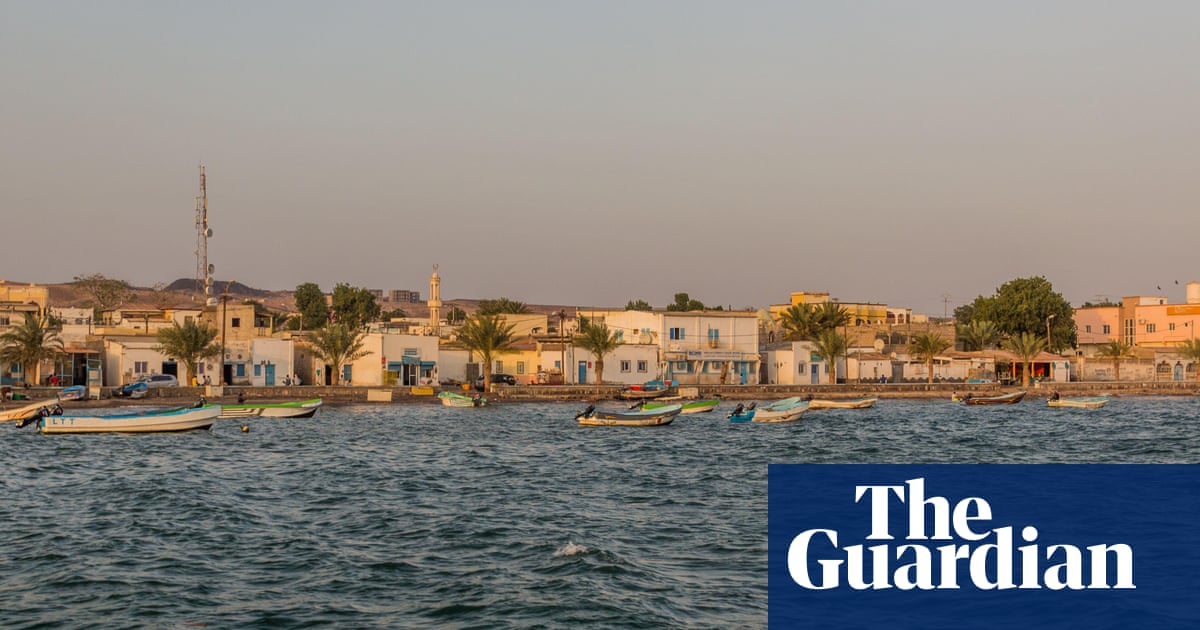
At least 21 people have died after a boat capsized off the coast of Djibouti, the UN’s migration agency has said.
It was the second fatal maritime accident in two weeks off the Horn of Africa nation, which lies on the perilous so-called eastern migration route from Africa to the Middle East.
Another vessel carrying mainly Ethiopian migrants sank in the same area on 8 April, claiming the lives of several dozen people.
Tanja Pacifico, the International Organization for Migration’s (IOM) chief of mission in Djibouti, told AFP in Nairobi that 21 bodies had been recovered, while 23 people were still missing.
Another 33 people survived the disaster, she said late on Tuesday.
“Tragedy as boat capsizes off Djibouti coast with 77 migrants on board including children,” the IOM had said in an earlier post on X, giving a toll of at least 16 dead and 28 missing.
It said the Djibouti IOM branch was “supporting local authorities with search and rescue effort”.
Yvonne Ndege, a spokesperson for the agency, told AFP the fatalities included children and a baby, without offering further details.
Berhanu Tsegaye, Ethiopia’s ambassador to Djibouti, said on X that the vessel was carrying Ethiopian migrants from Yemen when it went down on Monday night off Godoria in north-eastern Djibouti. He said 33 people, including one woman, survived.
Berhanu expressed his “deep sorrow … over the succession of horrific disasters”, adding: “I reiterate that legal measures should be taken against illegal human smugglers who put the lives of our citizens at risk.”
Another vessel carrying more than 60 people sank off the coast of Godoria on 8 April, according to the IOM and the Ethiopian embassy in Djibouti.
The IOM said at the time that the bodies of 38 migrants, including children, were recovered, while another six people were missing.
The Ethiopian embassy had said the boat was carrying Ethiopian migrants from Djibouti to war-torn Yemen.
Source: theguardian.com


















